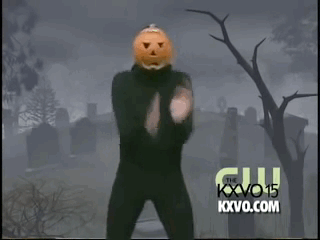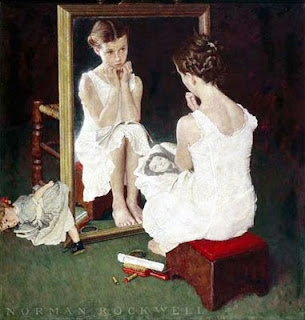 |
| Pic of me describing day 1 vs end of semester |
Throughout this semester, I've had the privilege to bless this blog with some of my thoughts and (very) well formed opinions. Themes and topics have included: race, gender, debate, and always have to do with teaching. Let's take a look back at some highlights.
I began my journey on blogging, teaching, and coaching at the beginning of the semester. Much has changed since August/September of this year, and a plethora of educational experiences have transformed me from a bright eyed first semester grad student, to the hardened veteran you see before you now. If there's one thing I've maintained throughout this course, it is my belief that education should have a sustained influence on the way that students think, act or feel. Ken Bain's "What the Best College Teachers Do" was an excellent introduction to pedagogy and has framed how I view education and teaching for the rest of my life. My first blogpost included a discussion of debate and how a point of stasis is essential to debate and dialogue.
Paulo Freire's "Pedagogy of the Oppressed" expands on the idea of dialogue, and concludes it is an essential part of communication and education. Sprague acknowledges this in her work as well, as both of them argue that the educator and student are co-creators of dialogue that construct and de construct their realities. I learned that every student has something to contribute in the classroom, and combining this idea of a point of stasis with dialogue can create the type of transformative educational experience that Bain was describing. Freire's ideas of dialogue coincide with my coaching job because debate is not only a space for competition, but also education and dialogue. Incorporating debate into the classroom can increase student engagement, and thus the likelihood that they absorb the course content.
Some of my blogposts have been more critical of the authors we've read, and not as appreciative. Stanley Fish is one of those authors."Save the World on Your Own Time" is a text that advances a pedagogical practice that is not accessible to minority populations and reduces the role of educators in society. I've come to agree with Dewey when I think about the role of educational institutions in society. They should prepare students to fix the world's problems and create better democratic participants. This would be incompatible with Fish's model of education since conflicting evidence for global warming would posit the climate change discussion as 'political.'
Palmer establishes that teaching is 'heartwork' and should be infused with an ethic of love. I discuss this extensively in my third blogpost concerning the misunderstood student from hell. It is essential that students are convinced that they are capable of contributing to the discipline and classroom discussion. A quote that has stuck out to me from class is that "Discourse does not reflect reality, it creates reality.' After my brain exploded and was pieced back together, I understood the power of language and communication. I understood that many students have not felt that love in the classroom, and until I came to grad school, I do not think that I have either. Turning the bored, passive student into an engaged one isn't easy. But as educators it is important that we do not overlook our shortcomings and allow that student to erode our confidence in teaching. Understanding how power structures affect students of color, for example, in a classroom that has always been white-centered, can produce a better understanding of the student, allowing the teacher to adjust their teaching if necessary.
People of color and whiteness in the classroom has been a consistent theme throughout every blog post. Women of color in particular, has been education's biggest failure. hooks explores that more thoroughly in "Teaching to Transgress," an enjoyable read that discusses how black women have been silenced in the classroom. Critical communication pedagogy can be a mechanism for helping those students find their academic voice, and that academic voice can extend beyond the classroom and create advocates for communities of people.
During the winter break, I have a lot of reflection to do. With the stress of school and finals over (momentarily), the idea of breathing and looking back on what I've learned and how to apply it to myself will prove just as valuable as learning the content in the classroom. I've met some of the smartest people I will ever meet in my life, but as critical and thoughtful as they can be, their lack of self awareness and inability to reflect have hampered their potential. Love, criticism, deconstructing whiteness and debate all combine to form my educational practices, and I see myself returning to many of the blogposts that my colleagues and I have written, in future semesters.











